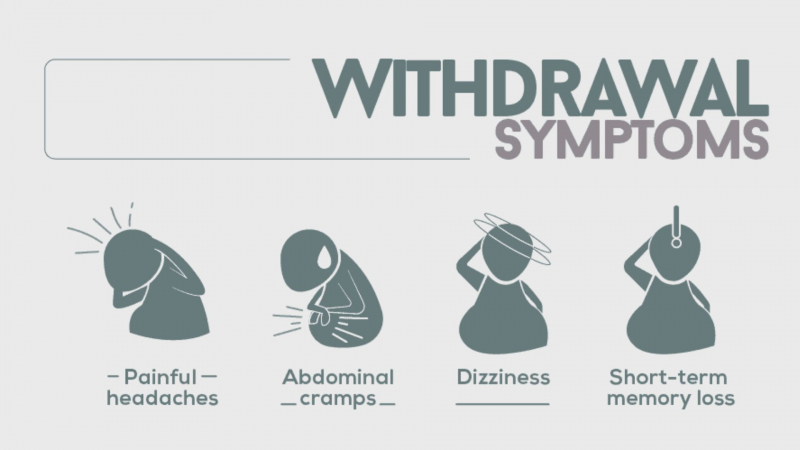Drawbacks

Top 3 in Top 7 Things to Know About Ativan
- The most frequently reported side effects are drowsiness, tiredness, or dizziness. Any one of these adverse consequences may reduce a person's ability to react quickly, decrease their ability to drive or operate machinery, or raise their risk of falling. Alcohol should be avoided because it may intensify these effects.
- There have also been reports of amnesia, forgetfulness, unsteadiness, visual issues (blurred or double vision), sexual dysfunction, nausea, constipation, and a number of other side effects.
- May infrequently result in respiratory depression (unusually slow and shallow breathing). Larger Ativan doses, those who already have respiratory issues, or the use of Ativan in conjunction with other drugs that also cause respiratory depression increase the risk (such as opioids).
- The use of ativan may raise the likelihood of depression, reveal depression, or trigger suicidal thoughts. Keep an eye out for a change in mood.
- Ativan has the potential to cause both physical and emotional dependence. The shortest amount of time at the lowest dose is ideal. The availability of ativan may be sought after by drug users.
- With sudden discontinuance, withdrawal symptoms (such as convulsions, tremors, cramping, vomiting, sweating, or sleeplessness) may develop; taper down gradually under a doctor's care.
- Paradoxical reactions, or those that go against expectations, can occasionally happen. Anxiety, agitation, wrath, disturbed sleep, sexual disinhibition, or hallucinations are some of the symptoms.
- After receiving Ativan intravenously, those over the age of 50 may be more susceptible to experiencing intense and protracted sedation.
- Several other drugs, including as opioids, sedatives (such as alcohol, antipsychotics, antidepressants, or sedative antihistamines), clozapine, probenecid, and valproate, may interact with it.
- Some persons, such as those with pre-existing respiratory conditions (including COPD or sleep apnea), a history of drug or alcohol misuse, those at high risk of falling, pregnant or nursing women, or those with kidney or liver problems, may not be a good fit. The effects of Ativan may be more noticeable in the elderly or the weak.
The most common adverse effect associated with Ativan use is sedation. The most frequently reported side effects with lorazepam were drowsiness (15.9%), dizziness (6.9%), weakness (4.2%), and unsteadiness (3.4%) in a cohort of approximately 3,500 patients receiving treatment for anxiety. With aging came more side effects, like drowsiness and unsteadiness. Hypotension, respiratory depression, behavioral disinhibition, and cognitive impairment may also manifest. That's all about the third thing to know about Ativan we want to mention.








